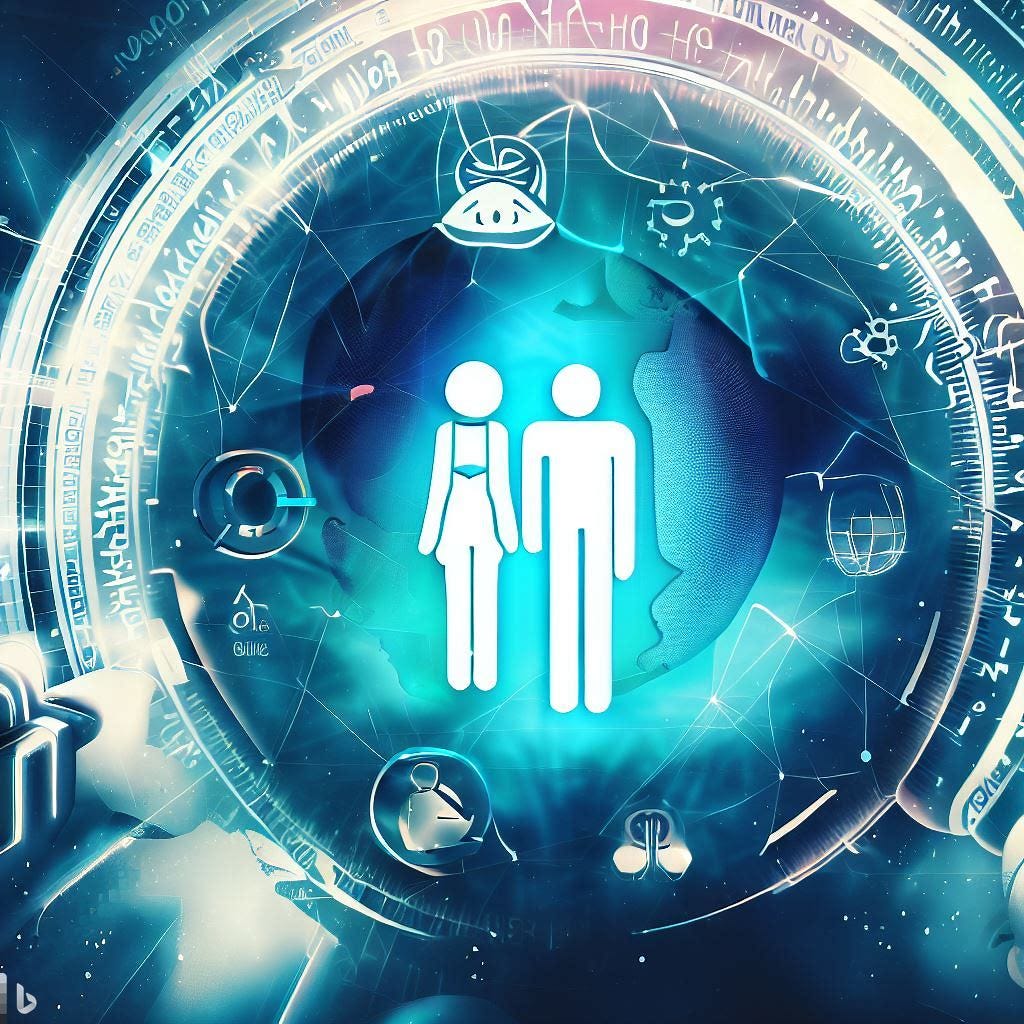The Ethics of AI and Robotics: A Guide for the Rest of Us
A Guide for the Rest of Us
Picture this: you're in a self-driving car, cruising down the highway, when suddenly a deer jumps in front of you. The car must make a split-second decision: swerve and risk your life or hit the deer. Who gets to make that call? You, the car, or some programmer who's never met you? Welcome to the complex world of AI and robotics ethics.
Artificial Intelligence (AI) and robotics are like the peanut butter and jelly of the tech world. They go hand-in-hand, aiming to create machines that can think, learn, and even act like humans. From healthcare robots that assist in surgeries to AI algorithms that personalize your Netflix recommendations, these technologies are becoming an integral part of our daily lives. But as Uncle Ben from Spider-Man wisely said, "With great power comes great responsibility." So, let's dive into the ethical conundrums that come with these advancements.
Ethical Issues and Dilemmas of AI and Robotics
Privacy: The Elephant in the Room
Imagine you're walking down the street, and a drone hovers above you, capturing your every move. Creepy, right? That's the privacy issue in a nutshell. AI and robotics have a knack for collecting data—lots of it. And not just any data, but personal, sensitive information that you might not want to share with the world.
For instance, your smart home devices know when you're home and when you're not. Your fitness tracker knows how many steps you took today and how well you slept last night. This data could be a goldmine for advertisers or, worse, cybercriminals. So, how do we tackle this? Through stringent data protection laws, anonymizing collected data, and giving people the right to opt-out. It's like putting a lock on your diary; only those with the key (your consent) can take a peek.
Fairness and Accountability: No Robot Left Behind
Let's say you're applying for a loan, and an AI algorithm denies your application because you live in a particular neighbourhood. That's not just unfair; it's discriminatory. AI systems can inherit biases present in their training data or their designers, leading to unfair or harmful decisions.
To combat this, we need transparent algorithms that can be audited for bias. Think of it as a report card for AI; if it's not making the grade in fairness, it needs to be "schooled" further.
Autonomy vs. Control: Who's the Boss?
If a self-driving car gets into an accident, who's to blame? The owner, the car, or the company that programmed it? This question brings us to the issue of autonomy and control. As machines become more autonomous, determining responsibility becomes murky.
The solution? A shared responsibility model, where both humans and machines are held accountable based on their level of control. It's like a parent-child relationship; you guide them, but at some point, they have to stand on their own two (or four) wheels.
Ethics of AI and Robotics: Can Machines Have Morality?
Ah, the million-dollar question: Can machines be moral beings? Morality is like the seasoning in the stew of ethics; it adds flavour and complexity. While ethics is the study of right and wrong, morality is the practice of it, influenced by cultural and personal beliefs.
There are different approaches to machine morality. The "top-down" approach involves pre-programming ethical rules, like Asimov's famous "Three Laws of Robotics." The "bottom-up" approach lets machines learn ethics through experience, like a toddler learning not to touch a hot stove. Both have their pros and cons. Pre-programmed ethics offer predictability but lack flexibility, while learned ethics are adaptable but can be unpredictable.
The challenge? Moral diversity. What's considered moral in one culture may not be in another. So, can we really create a one-size-fits-all ethical machine? Probably not, but we can strive for a system that respects universal human rights and values.
Navigating the ethical landscape of AI and robotics is like walking through a maze; it's complex, confusing, and full of dead ends. But it's a journey we must undertake. As these technologies continue to evolve, so must our ethical frameworks.
So, what can you do? Stay informed, ask questions, and hold companies accountable for ethical practices. After all, the future of AI and robotics is not just in the hands of scientists and policymakers; it's in ours, too.
And remember, the next time your smart speaker plays a song you hate, it's not just a bad algorithm; it's an ethical dilemma waiting to be solved.


